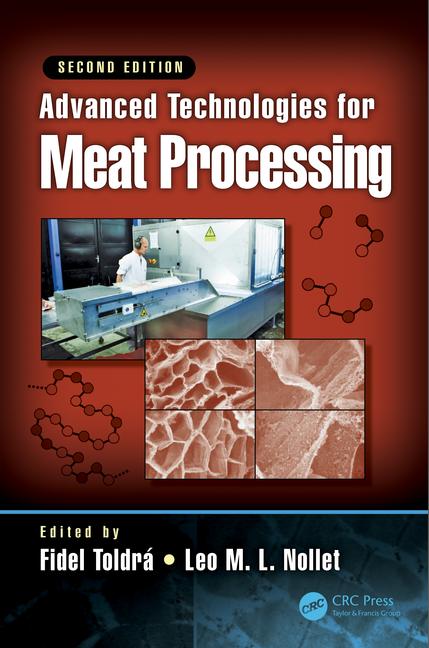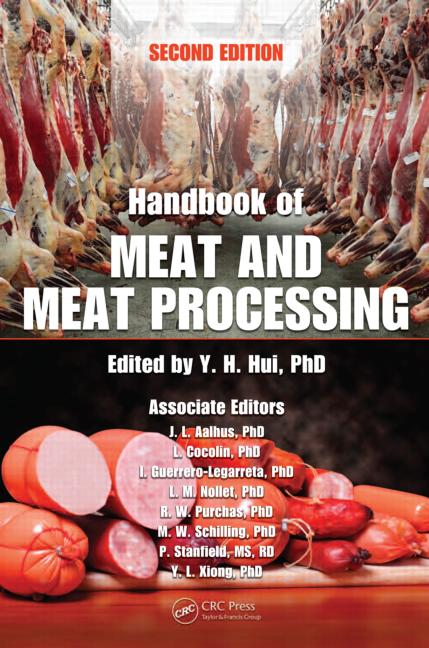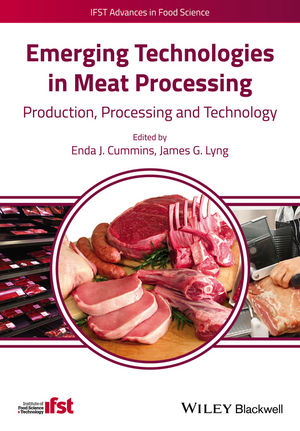The Southern Poverty Law Center and a coalition of civil rights groups filed a formal petition urging the U.S. Occupational Safety and Health Administration (OSHA) and the U.S. Department of Agriculture (USDA) to better protect workers in poultry and meatpacking plants, where federal policies “allow workers to operate in hazardous conditions that often leave them with disabling injuries, illnesses and pain,” the SPLC says.
A release from the group states, “The groups petitioned OSHA to issue new work speed standards to protect the workers responsible for making the United States the largest producer of poultry and beef in the world. OSHA has general health and safety rules for workplaces but does not regulate processing line speeds that often operate at a punishing pace.
“The only federal agency regulating line speed is the USDA, which is solely focused on food safety and maximizing production for the industries. Though there is ample evidence that work speed is a primary contributor to injuries, the USDA has proposed increasing poultry processing line speeds from a maximum of 140 birds per minute to 175. The groups’ petition also calls on the USDA to reconsider its proposed rule change.”
“Meatpacking and poultry processing line jobs are among the most notoriously dangerous jobs in the United States,” the group’s petition states. It notes that “OSHA’s current failure to regulate poultry and meat processing plant work speed puts plant workers at significant risk of permanently disabling cumulative trauma disorders,” such as carpal tunnel syndrome.
The coalition includes the SPLC, Nebraska Appleseed Center for Law in the Public Interest, Alabama Appleseed Center for Law and Justice, Coalition of Poultry Workers, Coalition of Black Trade Unionists, Farmworker Advocacy Network, Heartland Workers Center, Interfaith Worker Justice, Midwest Coalition for Human Rights, National Council for Occupational Safety and Health, North Carolina Justice Center, Northwest Arkansas Worker Justice Center, Refugee Women’s Network, Student Action with Farmworkers and Western North Carolina Workers’ Center.
The groups urge OSHA to implement the following changes to protect workers:
- Establish a standard that limits work speeds.
- Create standards that address the specific injuries caused by keeping up with the line speeds.
- Ensure that existing safety guidelines are enforceable.
The groups also ask USDA to engage in thorough interagency consultation about worker safety before implementing its proposed poultry rule changes that would increase work speeds in poultry processing.
The American Meat Institute issued a response to the petition, pointing to the industry’s current safety records.
“Ensuring the safety of our workers is a top priority for meat and poultry companies. Occupational Safety and Health Administration (OSHA) data speaks for itself: we have a sustained record of improved worker safety during the last two decades. Claims that our industries are ‘notoriously dangerous’ simply can’t be supported by federal data; our worker safety records are consistent with safety records for ‘all manufacturing’” said AMI Senior Director of Worker Safety J. Dan McCausland.
“USDA regulates line speeds and plants must continuously comply with these regulations. It’s important to remember that when considering line speeds, one must consider more factors than just speed; one must consider how that line is crewed. A line operating at a particular speed with a crew of three may be moving too quickly, but that speed may be perfectly safe with two additional crew members.
“In addition, it is not in meat companies’ best interests to operate at speeds that cannot produce high quality product. ‘Miscuts’ are very expensive and injuries to workers are precisely what we work to avoid every day.
“Our record, as evidenced by OSHA data, shows an industry that is committed to worker safety and continuously improving in this area. USDA has the authority it needs today to adjust line speeds as necessary to ensure both food safety and also worker safety,” McCausland added.
Source: Southern Poverty Law Center, AMI







Report Abusive Comment